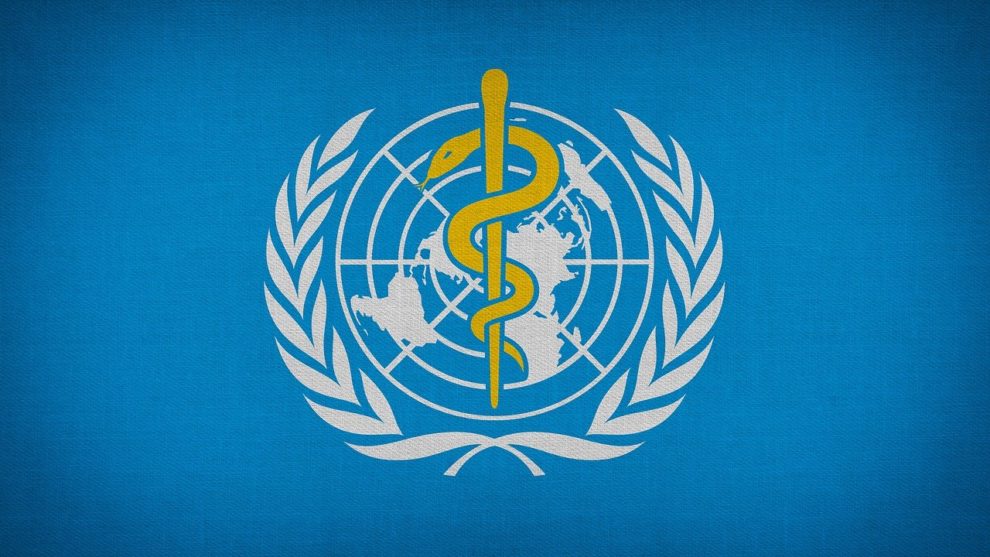According to the World Health Organization, a mysterious case of acute hepatitis in children has infected 700 children in 34 countries and claimed ten lives.
The cause of the liver disease, which was first reported in the UK in April, is still unknown, perplexing scientists. So far, no evidence of the five viruses that commonly cause hepatitis – A, B, C, D, and E – has been found in any of these cases.
“More than 700 probable cases have now been reported to WHO from 34 countries, and a further 112 cases are under investigation. At least 38 of these children have needed liver transplants, and 10 have died,” said Dr Tedros Adhanom Ghebreyesus, WHO Director-General, during a media briefing.
He stated that the WHO is continuing to collaborate with countries to investigate the cause of hepatitis in these children.
Meanwhile, at the recently concluded World Hepatitis Summit 2022, the World Health Organization and the World Hepatitis Alliance called for action to eradicate viral hepatitis.
It is estimated that 354 million people worldwide are still infected with this potentially fatal infection, and at least one person dies from viral hepatitis every 30 seconds. That’s over a million deaths per year, which is more than HIV and malaria combined.
At the 2016 World Health Assembly, world leaders made a historic pledge to eradicate viral hepatitis by 2030.
Many low- and middle-income countries still lack timely access to the hepatitis B birth dose. People continue to be denied access to testing and care due to a lack of awareness, a lack of political commitment, and stigma and discrimination.
“Hepatitis is one of the most devastating diseases on earth, but it’s also one of the most preventable and treatable, with services that can be delivered easily and cheaply at the primary health care level,” Ghebreyesus said, at the Summit.
“Many of the reasons people miss out on those services are the same reasons they miss out on services for other health challenges — accessibility and affordability, because of who they are, where they live or how much they earn.
“We call on all countries to commit to realising the dream of eliminating viral hepatitis by 2030, as part of a broader commitment to universal health coverage based on strong primary health care,” the WHO chief said.
